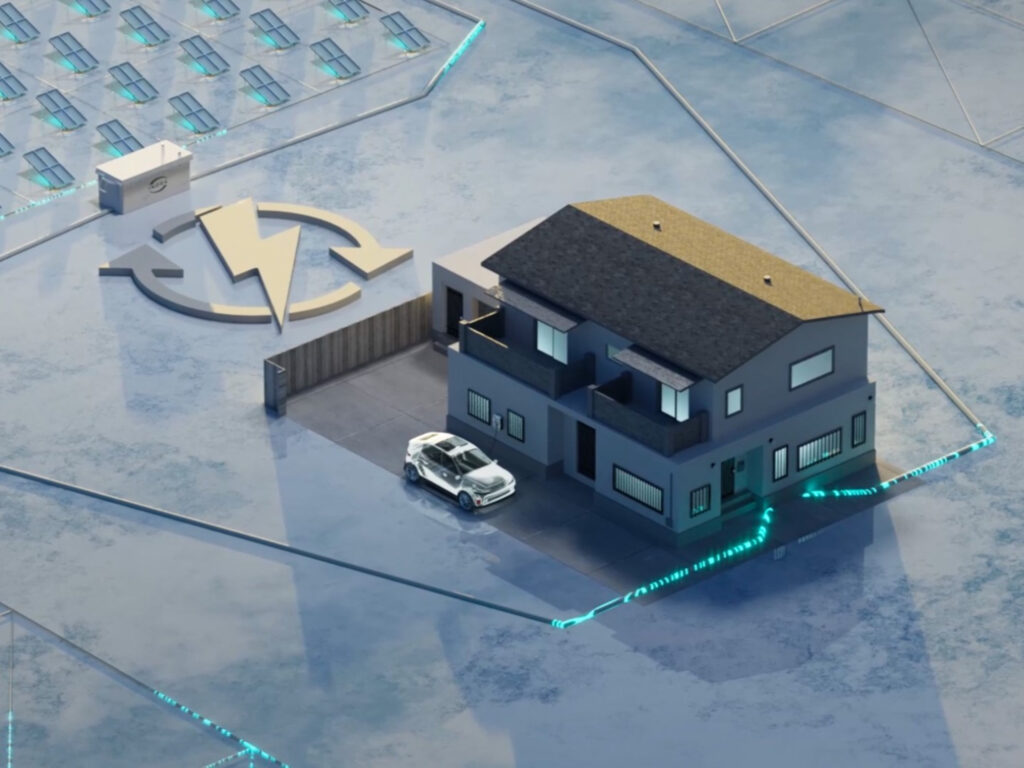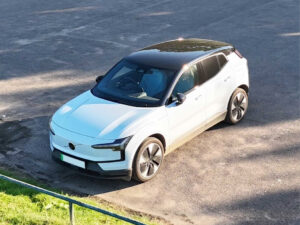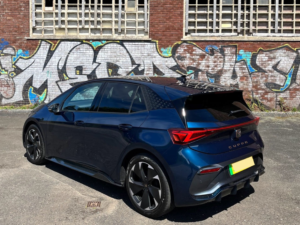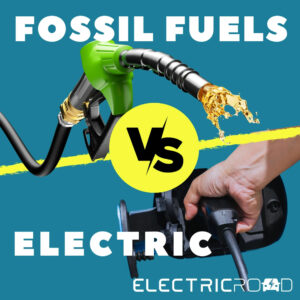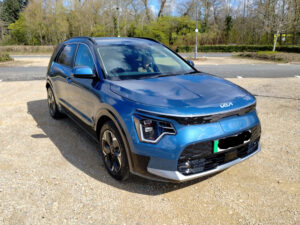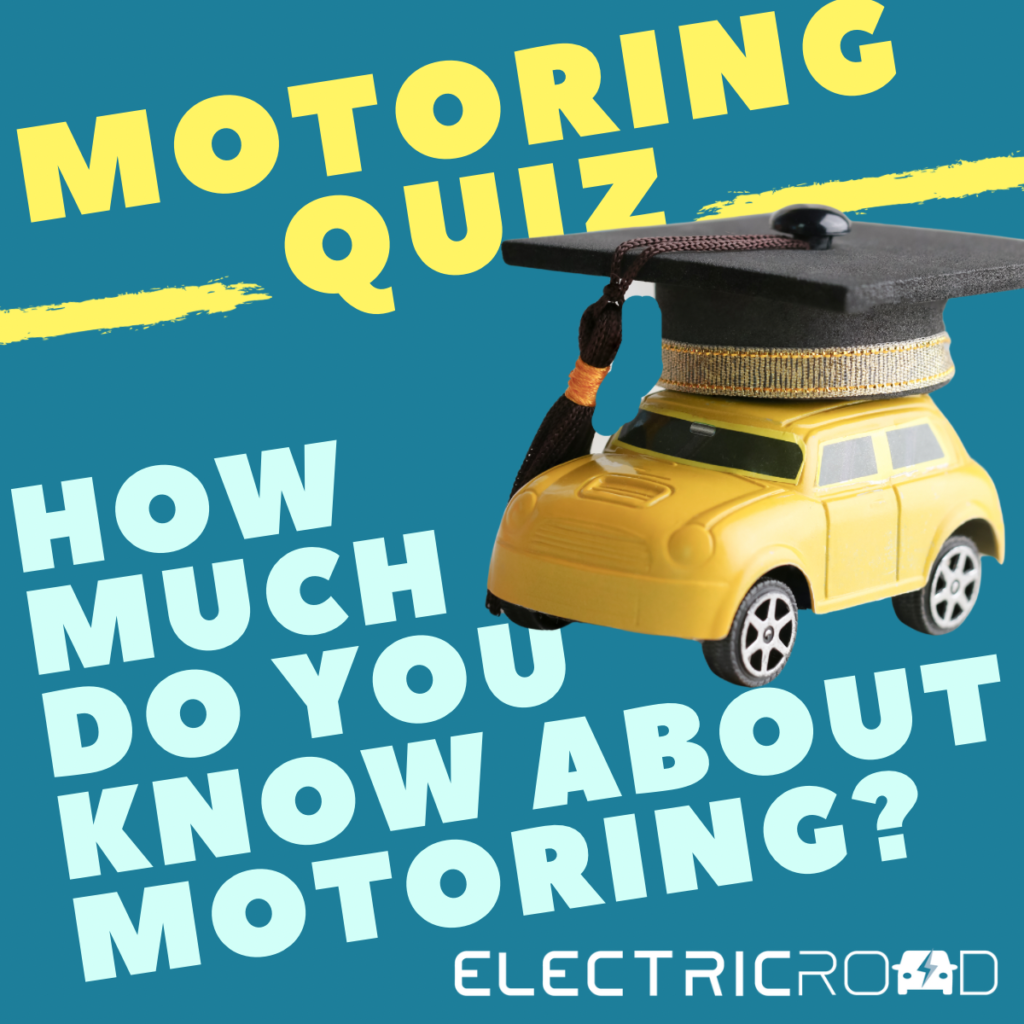Indra has today released the findings from a national survey into attitudes and opinions of UK drivers towards EVs, EV charging and electrification.
Key findings from the Indra-dex survey suggest that perceived running and purchase costs are putting the brakes on greater EV adoption.
This could well mean thousands of drivers could be missing out on significant cost savings and environmental benefits from switching their petrol and diesel vehicles for electric models.
The survey of over 2,000 UK drivers reveals that despite almost half (47%) worrying about the environmental impact of driving a petrol or diesel vehicle, costs remain the largest barrier to purchasing an EV, with only 30% of respondents likely to buy an electric car in the next 12 months. 50% cited price as the biggest barrier, although less than a third (30%) said they were concerned with the lack of public charging points.
The survey also revealed that many drivers believe petrol cars are the most cost-effective mode of transport over the next 6-12 months (37%), followed by public transport (18%) and diesel engine vehicles (18%). EVs came fourth place, with only 16% of those polled believing them to be the cheapest way to travel.
The research also revealed that over 59% of those surveyed over-estimated the cost for charging an EV, with some believing it could amount to £150-£200 for a single charge. These perceptions are contrary to real-world findings, where EV running costs are generally much lower than those of petrol and diesel cars, especially when charged at home.
Are you seriously considering your first or next EV? Then visit Electric Road’s CAR FINDER to get the right car for you!
For example, the average cost of fuelling a 1.5 litre petrol vehicle is £74 for a full tank, equating to approximately 16p per mile*. This compares to the average costs to charge a family-sized EV with a 64kWh battery from empty, estimated to be around £21** when using a standard charger on a standard variable energy tariff.
And with the advent of EV-specific tariffs, such as OVO’s Charge Anytime tariff at 10p per kWh accessed using a smart home charger, this could drop to below £7 for a full charge, equating to 2p a mile. This means that drivers of petrol vehicles are paying approximately up to eight-times more per mile to run their vehicle compared to an EV equivalent.
Mike Schooling, founder and Chief Product Officer at Indra, sees this as just the tip of the iceberg when it comes to cost savings from EVs:
“It is already significantly cheaper to run an EV compared to a petrol or diesel vehicle, and this will only improve as we move towards widespread adoption of bidirectional or V2X charging,” explains Mike.
“Bidirectional charging technology takes savings on transport costs to whole new level, enabling EV drivers to not only capitalise on cheaper energy tariffs and lower-carbon energy, but also discharge surplus energy from their vehicles to either power their homes or even trade it back to the grid at peak energy times, when prices are typically at their highest.”
With 61% of drivers admitting they feel they have no control over their home energy bills and 65% believing that turning off appliance is the only way to reduce them, it’s not hard to see how almost half (49%) said bidirectional charging would tempt them to buy an EV.
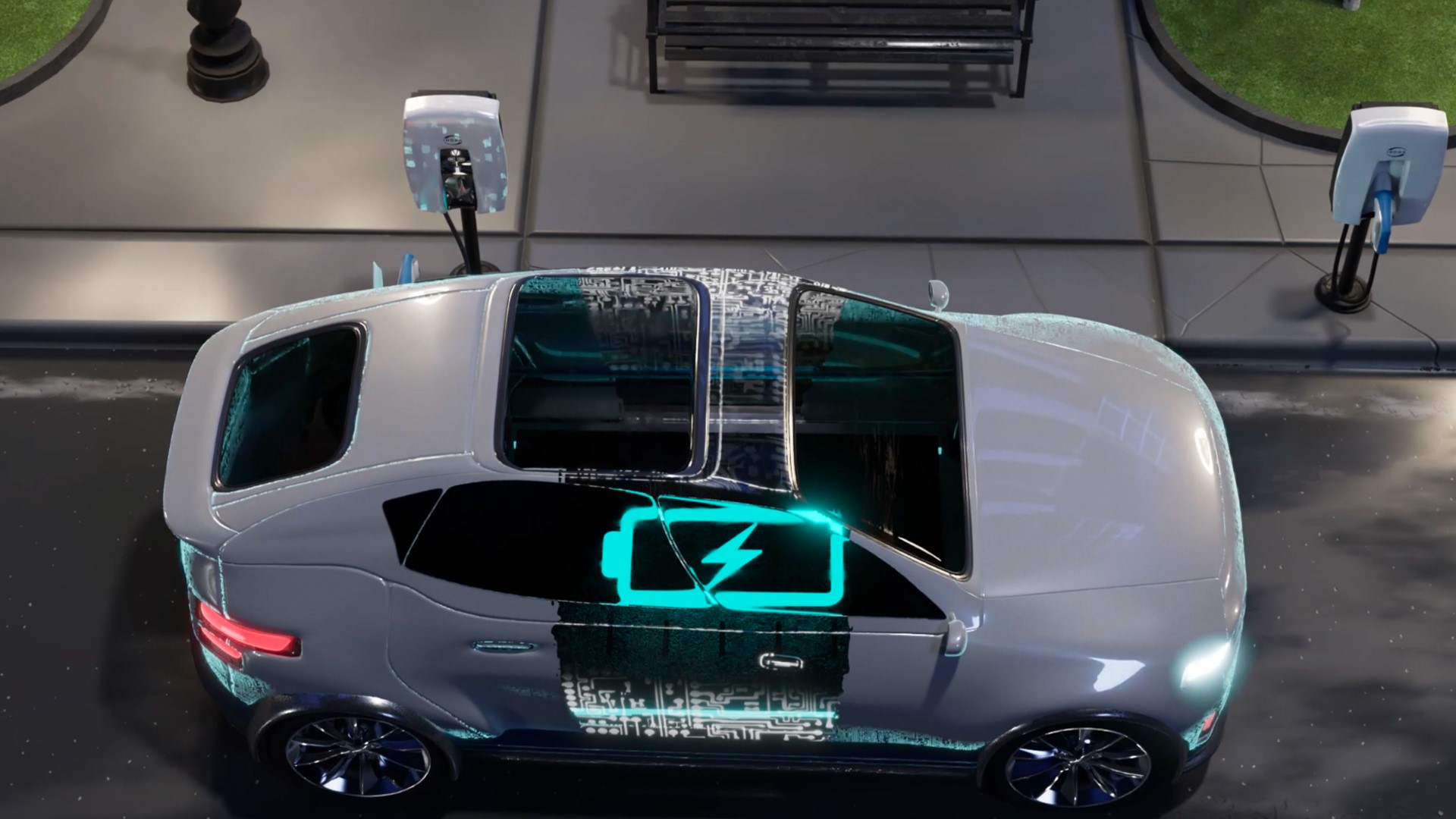
Harry Wallop, consumer journalist and Times columnist comments: “Bidirectional charging is such an exciting technology. The idea that an electric vehicle could not only be a car but also a portable battery – providing a sustainable source of power to people’s homes – could transform not just the EV market, but also how we think about electricity. At a time of rising energy costs, increasing global demand on energy resources and climate change, this could be a very clever solution, potentially saving consumers money and allowing us to harness far more green energy than we currently do.”
Although this technology is not yet available outside of trials, Indra is part of small number of leading businesses in this space who have been awarded government-backed funding from the V2X Innovation Programme to help enable large-scale adoption of this game-changing technology.
“Bidirectional charging will fundamentally change the way we view and interact with energy and our cars and vans. EVs will effectively become mobile batteries on wheels for harnessing, storing and then using greener, cheaper energy to power our homes or sell back to the grid,” added Mike Schooling.
“In the future, we will no longer be tied to a traditional energy infrastructure, but will be able to access, trade and share energy. This means that EVs and bidirectional charging could play a hugely significant role in creating a flexible, sustainable energy eco-system and enabling the government to achieve its net zero ambitions.”


